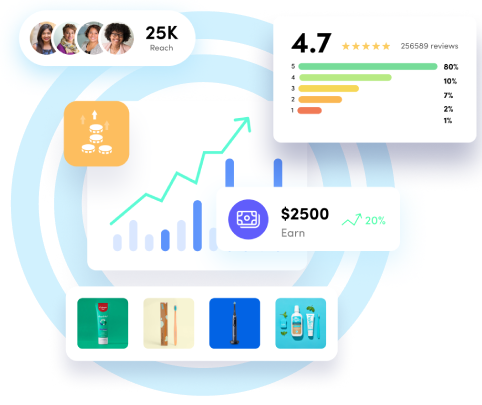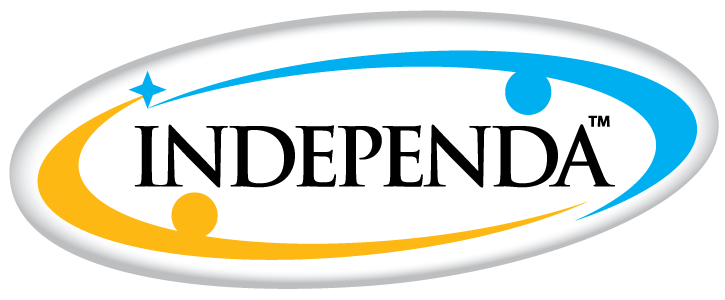Seamless integration: A guide to collaborating between tele-dental and telemedicine companies
Identify areas of overlap
The first step is for the Tele-dental company and telemedicine company to identify areas of overlap in their respective services. This could include shared patient demographics, complementary healthcare needs, or common healthcare providers.
Establish API connectivity
Once areas of overlap are identified, the two companies can establish API connectivity to enable seamless communication between their applications. This could include single sign-on, read and write access, and other forms of data exchange.
Develop joint care plans
With API connectivity in place, the Tele-dental and telemedicine companies can work together to develop joint care plans that leverage the strengths of each platform. For example, a telemedicine platform might provide remote consultations for chronic disease management, while a Tele-dental platform could offer remote dental consultations and procedures.
Coordinate care delivery
The final step is to coordinate care delivery between the two platforms. This could involve sharing patient data, scheduling joint appointments, or referring patients between the two platforms as needed. By working together, the Tele-dental and telemedicine companies can provide more comprehensive and coordinated care to patients.

Enhancing telehealth with teledentistry
Dentulu Pro can be beneficial as a teledental company to a telehealth company by offering specialized dental services and expertise through a telemedicine platform. By integrating Dentulu Pro's tele-dentistry technology into a telehealth platform, patients can receive comprehensive healthcare services that include dental consultations, virtual appointments, and even remote dental procedures.
This integration can also provide healthcare providers with a more complete picture of a patient's overall health by including dental health information, which is often overlooked in traditional telemedicine services. By partnering with Dentulu Pro, telehealth companies can expand their services, increase patient satisfaction, and provide more comprehensive care to their patients.
Inquire Now

Improving patient care and outcomes with Teledental and Telehealth companies collaboration

Comprehensive virtual care
A telehealth and teledental company could work together to offer comprehensive virtual care, allowing patients to receive medical and dental care from the comfort of their own homes. This could include virtual consultations, remote monitoring of health conditions, and even virtual dental procedures.

Dental triage and referral
Telehealth companies could refer patients to teledental companies for dental triage and treatment. This could help patients receive prompt and appropriate dental care, even if they are unable to see a dentist in person.

Dental screenings
Telehealth companies could use teledental technology to conduct dental screenings as part of routine health checkups or pre-employment screenings. This could help identify dental problems early and prevent more serious issues from developing.

Chronic disease management
Telehealth companies that specialize in chronic disease management could partner with teledental companies to provide more comprehensive care to patients with chronic health conditions. For example, dental professionals could help manage oral health conditions that are associated with chronic diseases like diabetes or heart disease.

Patient education
Telehealth and teledental companies could collaborate to provide patients with educational resources on maintaining good oral health and preventing dental problems. This could help patients better understand the links between oral health and overall health, and encourage them to seek timely dental care when needed.

Emergency dental care
Telehealth and teledental companies could collaborate to provide emergency dental care to patients who are unable to see a dentist in person. This could include virtual consultations to assess the situation and determine the best course of action, as well as remote dental procedures if needed.

Collaborative care planning
Telehealth and teledental companies could work together to develop collaborative care plans for patients who require both medical and dental care. By sharing patient data and treatment plans, healthcare providers could provide more coordinated and effective care to patients with complex healthcare needs.
Fast Healthcare Interpretability Resources (FHIR)
FHIR (Fast Healthcare Interoperability Resources) plays an important role in Medical Dental Integration by facilitating the exchange of data between medical and dental systems. FHIR is a standardized protocol for exchanging healthcare data between different healthcare systems, making it easier to share and use health information across different platforms and applications.
One of the main benefits of FHIR is that it enables the exchange of data in real-time, allowing healthcare providers to quickly access and use patient information when they need it. This is particularly important in medical dental integration, where providers from different healthcare systems may need to access and share patient information in real-time to ensure coordinated care.
Another benefit of FHIR is that it is flexible and extensible, allowing healthcare providers to customize the exchange of data to meet their specific needs. This can help ensure that data is shared in a way that is meaningful and useful for different healthcare providers, leading to more efficient and effective care.
In addition, FHIR can help improve data accuracy and reduce errors by using standardized data formats and terminology. This can help ensure that data is consistent and accurate, reducing the risk of errors or misinterpretation of patient information.
Learn more
Learn more about Medical Dental Integration
FAQs
Teledentistry is the use of telecommunications and information technologies to provide dental care services remotely. It is a subset of telehealth, which broadly refers to the use of technology to provide healthcare services.
Teledental companies can partner with telehealth companies to provide a wider range of healthcare services, including dental care. This collaboration can help improve patient outcomes and reduce healthcare costs by providing more comprehensive care.
Some examples of at-home dental services that teledental companies can provide include mobile dentistry, salivary testing, sleep apnea testing and treatment, and virtual consultations.
Teledental companies can ensure patient privacy and security by using secure communication platforms and complying with HIPAA regulations. They can also use secure data storage and transmission methods to protect patient information.
Telehealth companies can integrate teledental services into their existing platforms by partnering with teledental companies that offer compatible technologies and software. They can also develop custom integrations and workflows to ensure seamless communication and collaboration between healthcare providers.
The benefits of teledentistry for patients and healthcare providers include increased access to care, improved patient outcomes, reduced healthcare costs, and increased efficiency and convenience.
The limitations of teledentistry include the inability to perform certain procedures remotely and limitations in physical assessments. These limitations can be addressed by using complementary in-person services as needed and by developing technologies and processes to improve remote assessments and procedures.
Teledentistry can be as effective and safe as traditional in-person dental care for many routine procedures and assessments. However, some procedures may require in-person care for optimal outcomes, and providers should carefully evaluate each patient's needs and circumstances to determine the best course of treatment.










